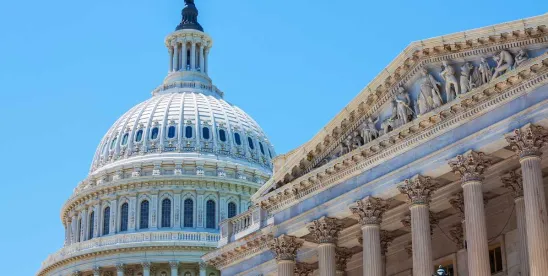As has been widely reported in the general media, on July 4, 2025, in a White House ceremony that included a flyover by B-2 Stealth Bomber, President Donald Trump signed into law HR1, which is officially known as the One Big Beautiful Bill Act (“OBBBA”). It is a massive, 870 pages-long budget appropriation and immigration and tax reform measure that will have broad impact on America in the years to come.
There are two key provisions which will have an immediate impact of the HR function.
Immigration
The OBBBA provides for a massive funding increase of $170 billion for immigration enforcement to be spent during the period from 2025 through 2029. Included in that allocation is a tripling (from $10 billion to nearly $30 billion) of the annual budget for the U.S. Immigration and Customs Enforcement agency (ICE). These funding increases are projected to result in 10,000 new hires, expanding the ICE agent force from the current 6,000 to over 16,000 agents. As quoted in the New York Times, Tom Homan, the President’s Border Czar, said, “[y]ou’re going to see immigration enforcement on a level you’ve never seen it before.” The bill also includes numerous increases in fees for various immigration-related services such as visa applications.
Given this focus on and devotion of resources to immigration compliance, employers need to review and audit their I-9s and stay current on the Department of Homeland Security’s (DHS) ever-expanding list of revocations of various visa categories, which could cause your employees to lose work authorization. Employers also should stay abreast of the multiple lawsuits seeking to push back on DHS action. The OBBBA prioritizes enforcement and removal over other immigration-related services, which could result in employers and employees facing delays in visa applications and renewals, creating additional uncertainty.
Payroll
Making good on President Trump’s 2024 campaign promises, the OBBBA contains tax relief for workers who are paid tips and workers who work overtime. This relief comes in the form of an up to $25,000 deduction from income earned in tips and an up to $12,500 deduction in income earned by working overtime. These deductions are available to workers regardless of whether they itemize their deductions. The deduction for tips applies only to tips received in occupations that regularly received tips before December 31, 2024.
Employers will need to separately track and report these deductions on W-2 forms and update payroll systems to comply. Both the tip and overtime deductions phase out, based on an employee’s overall income. These provisions are effective for the 2025 tax year but will end on December 31, 2028, unless subsequently extended.
The OBBBA also contains numerous tax changes, some of which are summarized in this newsletter from Foley & Lardner’s Tax attorneys.




 />i
/>i
